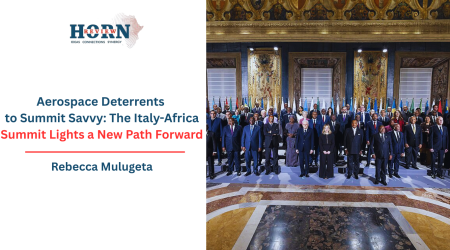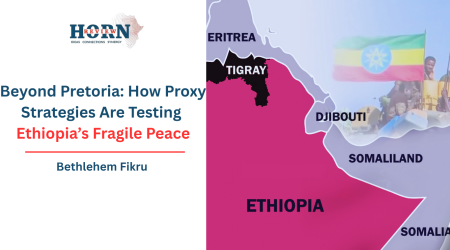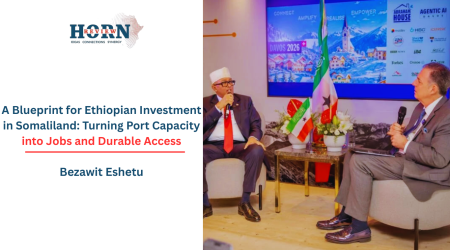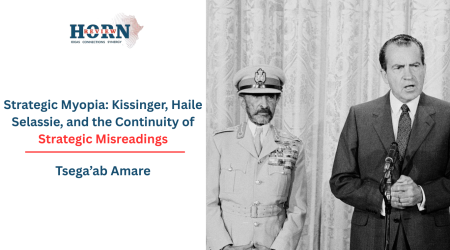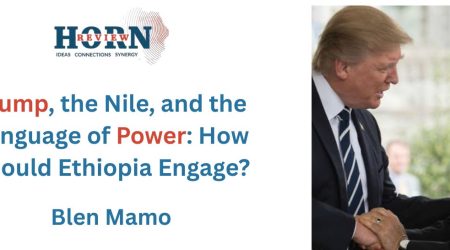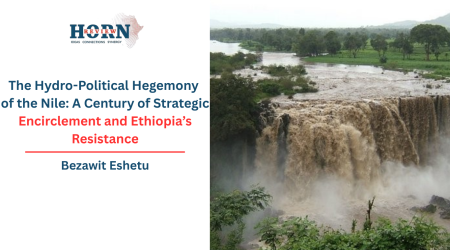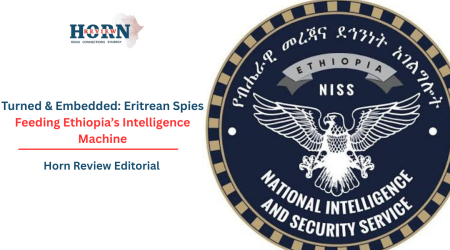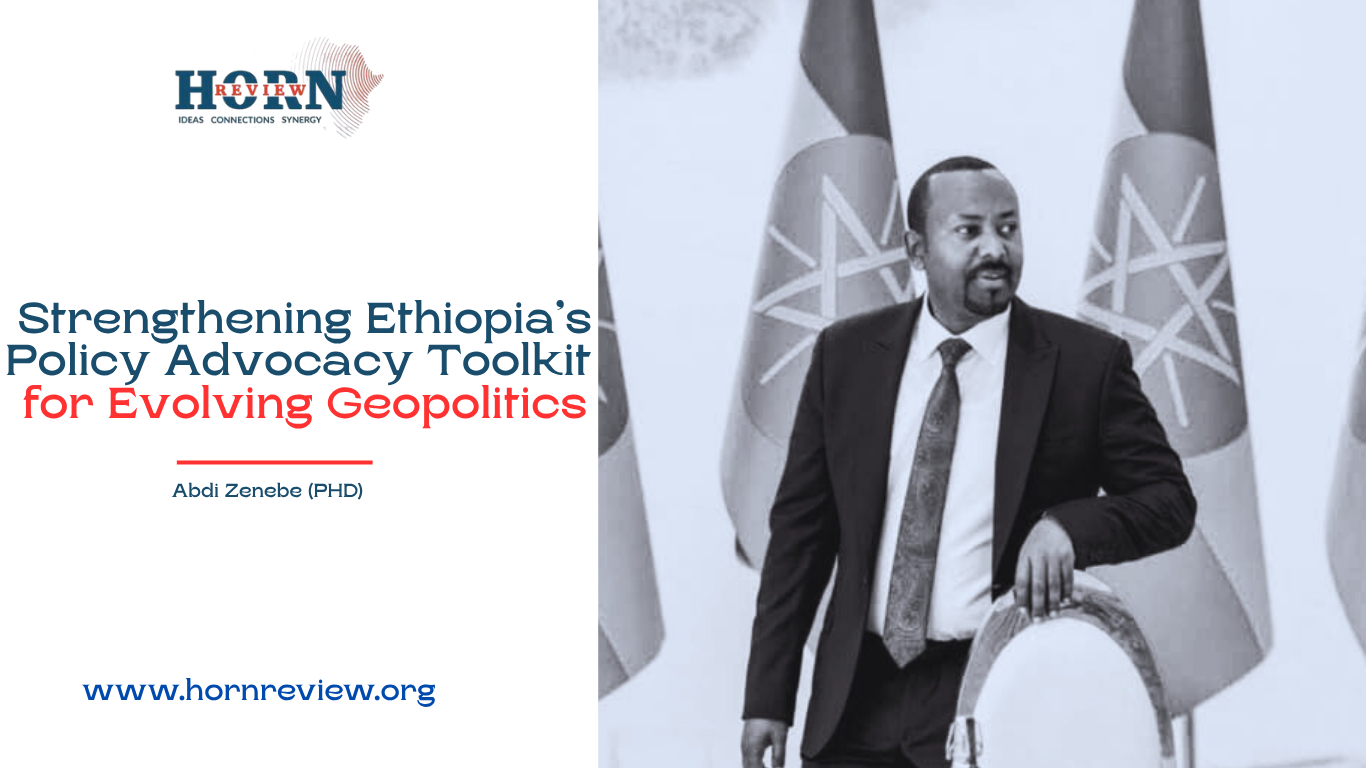
17
Oct
Strengthening Ethiopia’s Policy Advocacy Toolkit for Evolving Geopolitics
By Abdi Zenebe (PHD), Deputy Director, Institute of Foreign Affairs
Ethiopia is at a pivotal moment in redefining its national and foreign policy interests. As regional and global dynamics shift, the country faces a timely opportunity to reassess the interests guiding its foreign policy and rework how these positions are communicated internationally.
Making sense of this transition requires a clear understanding of Ethiopia’s domestic evolution alongside a stronger dialogue with international policy communities. Such engagement can help build shared perspectives on the Horn’s evolving geopolitical landscape and create a strong foundation for effective policy advocacy.
Domestically, Ethiopia’s leadership has undertaken significant political, economic, and diplomatic reforms. This has produced a more assertive foreign policy that links national prosperity with regional influence. The challenge now is to translate these priorities into a coherent geostrategic framework and to communicate it effectively to the global policy community.
A modern foreign policy framework should emphasize emerging infrastructure corridors, energy projects, commercial integration and the redefinition of security and economic priorities. Ethiopia can no longer confine its diplomacy to traditional regional spaces; it must proactively connect its national interest discussions to broader regional and global audiences through a coordinated policy advocacy.
Ethiopia’s regional posture reflects both its growing influence and expanding vulnerabilities. The country’s strategic location across the Red Sea, Nile Basin, and Gulf demands a wider advocacy perspective. Infrastructure projects, such as energy and logistics corridors are expected to change the Horn’s economic geography, while tensions with Egypt over the Nile and the growing presence of global actors in the region require Ethiopia to maintain an active international presence backed by strong political and financial capital.
Renewed access to the Red Sea, for example, represents a strategic vision that increasingly links Ethiopia’s stability and prosperity to developments in the Middle East, eastern Africa, and beyond. As global diplomacy evolves, the channels through which Ethiopia communicates its interests must also adapt. Expanding technology and information flows have created new arenas of geopolitical competition, making a stronger and more coordinated presence in policy advocacy corridors essential.
Effective advocacy depends on collaboration across governments, think tanks, and research communities. Such networks provide guidance, reduce misperceptions, and promote shared understanding. They also enable Ethiopia to translate national ambitions into actionable strategies that resonate with international partners.
Policy research institutions and global media are central to this ecosystem. By shaping narratives and bridging domestic and international perspectives, they can amplify Ethiopia’s policy priorities and facilitate a more informed debate. A stronger collaboration with these actors enhances the country’s ability to project a credible and adaptive foreign policy.
The next phase of Ethiopia’s foreign policy evolution should then prioritize building robust institutional partnerships with global think tanks, policy centers, and academic networks. These partnerships enable shared analysis, practical cooperation, and effective advocacy. Think tanks and media, in particular, can catalyze dialogue around strategic priorities, turning national ambitions into actionable frameworks.
Re-contextualizing Ethiopia’s geopolitical space is ultimately about aligning national priorities with regional and global dynamics and ensuring institutions can effectively communicate these intersections. As new trade and communication corridors emerge across the Horn and the Gulf, Ethiopia now has an opportunity to expand its policy advocacy toolkit, strengthen international relationships and enhance its influence in shaping regional stability.
A well-connected, institutionally supported policy advocacy framework can transform Ethiopia’s renewed ambitions into a collaborative, and credible foreign policy vision that integrates domestic and regional engagements with global strategic communication.

